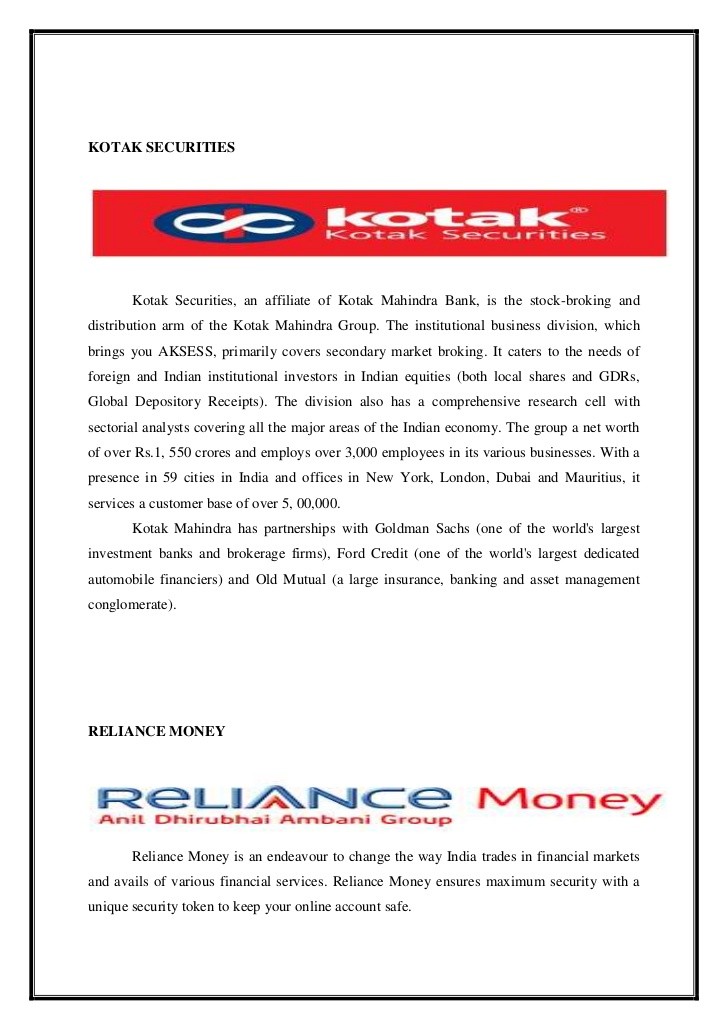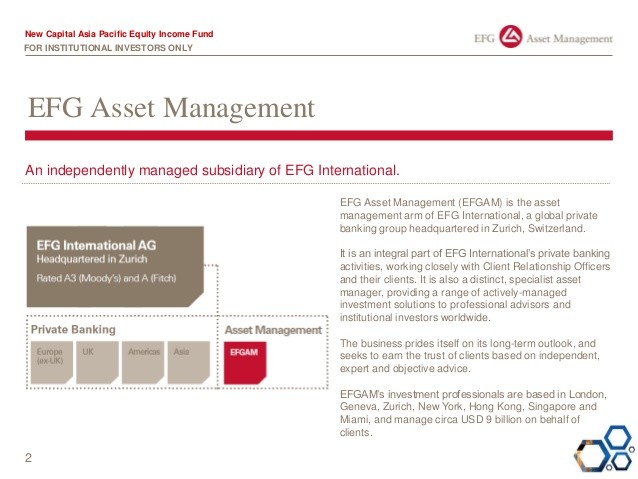Research Brief The Long Arm of Institutional Investors
Post on: 6 Апрель, 2015 No Comment

WHAT DID THE STUDY LOOK AT?
In the world of finance, the impact of institutional ownership has long been a source of interest for researchers and practitioners alike. Researchers, for example, have tried to measure the impact of institutional ownership on firm performance and corporate governance. But not all institutional investors are alike: they range from pension funds and insurance companies to mutual funds and hedge funds. They differ widely on investment objectives and styles: some adopt a long-term investment horizon and others look for short-term gain. This study looked at the influence of institutional investors’ investment horizons on a firm’s cost of equity capital — the return stockholders receive from a company via dividends or share appreciation. Do institutional investors, via how closely they monitor firms and their access to information, have an impact on a firm’s stock price or analysts’ earnings forecast?
HOW WAS THE STUDY DESIGNED?
The study analyzed data on institutional ownership, analyst forecasts, financial statements, and stock returns (from the Center for Research in Security Prices). After excluding utilities and financial firms, the researchers were left with a panel of 32,234 firm-year observations from 1985 to 2007.
WHAT DID THE STUDY FIND?
- The cost of equity declines in the presence of institutional investors with long-term investment horizons, all else remaining equal.
- This is likely due to long-view institutional investors having a greater interest in monitoring companies and their ability to collect and process company information.
- Poorly governed firms benefit from the effect of long-term institutional investors in reducing the firm’s cost of equity financing.

WHAT DO I NEED TO KNOW?
Unlike short-term traders, institutions with a long-term investment horizon are motivated to maintain stable shareholdings and, therefore, are more likely to take an active interest in a firm’s governance. In the wake of greater vigilance, both long-term investors and firms come out ahead. That’s because the cost of equity is inversely related to firm value: when monitoring goes up (and the cost of equity drops), so does the value of firms.
The authors suggest that “investors and portfolio managers can consider the presence of such institutional investors in their screening of stocks.” They add that it is “in the interest of firms (e.g. to finance their growth opportunities at lower cost) and regulators (e.g. to maintain the stability of the market) to be aware of the importance of providing incentives to institutional investors to increase the stability of their shareholdings and sustain their relationship investing.”
Title : Institutional Investment Horizons and the Cost of Equity Capital
Authors. Najah Attig (Sobey School of Business), Sean Cleary (Queen’s School of Business), Sadok El Ghoul (University of Alberta), and Omrane Guedhami (University of Southern Carolina)
Published. Financial Management (Vol. 42, No. 2; Summer 2013)














